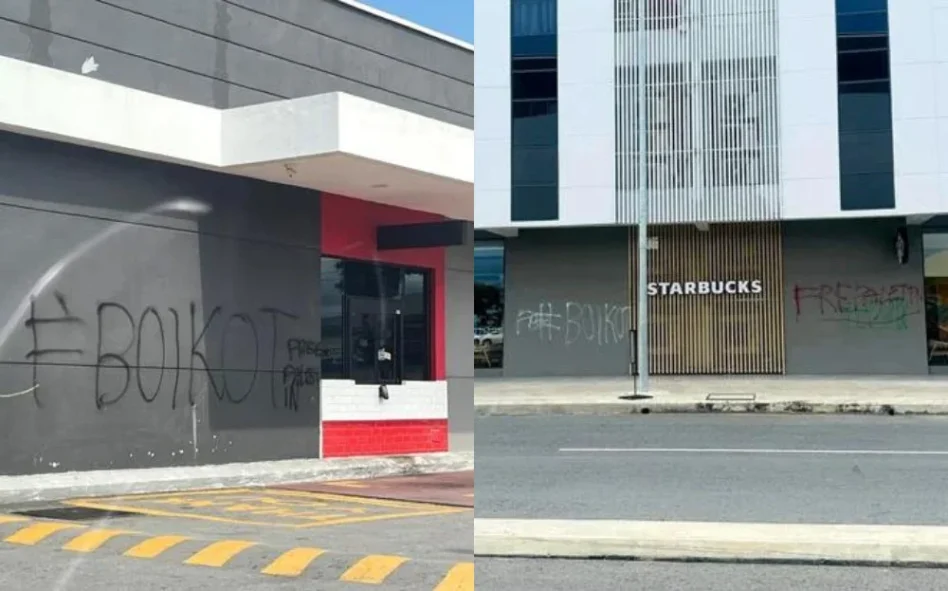By CIDB
WE read with interest on an opinion piece entitled “Migrant workers: The dilemma facing the construction industry” written by S Laxmi which was published by FocusM on April 18.
The Construction Industry Development Board Malaysia (CIDB) would like to provide some clarification on your statement in the article, “One of the key issues here is the criteria set by the Malaysian Construction Industry Development Board (CIDB), where a company should have a minimum G4 grade to qualify.”
This is incorrect.
CIDB is not involved in setting the criteria for the Undocumented Migrant Recalibration plan. The plan is an initiative under the Ministry of Home Affairs and was launched on Nov 12, 2020.
The plan has two programmes, namely the Repatriation Recalibration Programme (RP) and the Workforce Recalibration Programme (RTK). The conditions for the programmes were set by the Department of Labour Peninsular Malaysia which comes under the Ministry of Human Resources, and the Immigration Department of Malaysia which comes under the Ministry of Home Affairs.
CIDB on the other hand comes under the purview of the Ministry of Works.
We would like to also clarify another statement you made, which stated that the Plan was “a setback to small-time players, especially sub-contractors and start-up companies who are desperate for affordable labour force to build their businesses.”
On the contrary, CIDB facilitates small G1 to G3 contractors’ business efficiency by allowing them to hire foreign workers on a needs basis through Construction Labour Exchange Centre Bhd (CLAB).
Under CIDB’s current contractor registration criteria, G1-G3 contractors are not allowed to directly hire foreign workers.
This is because such contractors have short-term contracts and projects, hence keeping foreign workers directly on long-term payroll would be a burden for them. G1-G3 contractors who do need foreign workers can source them through CLAB.
CLAB’s Employer Exchange Programme is a facility that allows the original employers of foreign workers to transfer their employment to a new employer (CLAB) subject to the policies and regulations set by the government.
This is to ensure that the affected foreign workers have continuity in their employment as well as ensuring they have all the certifications and documentations needed to be workers with legal status in Malaysia.
CLAB would also be responsible in monitoring projects until completion and will subsequently redeploy the workers to another company to work on another project.
Under the Government’s recalibration exercise, CLAB has been given approval to act as the “employer” for foreign workers in the construction, plantation, agriculture & manufacturing industries.
As such, the recalibration process of foreign workers for G1-G3 contractors is carried out by CLAB. It is not the case where only contractors with a minimum G4 rating is allowed to apply to recalibrate their foreign workers.
We hope that the above gives an accurate picture of the situation. We would like to assure everyone that we share same concerns for our nation’s construction industry be sustainable, productive and competitive and would like to thank you again for highlighting these important issues.
Over the years, CIDB has introduced various initiatives to enhance productivity, reduce our dependence on foreign labour and encourage local talent to join the construction industry.
In fact, CIDB has been initiating this transformation through various means such facilitating the adoption of new technologies like Industrialised building system (IBS), Building Information Modelling (BIM), and the training of local construction personnel in various high-value trades such as Crane Operation, Architectural Drafting, Mechanical & Electrical and many more professional courses offered through the Construction Academy of Malaysia or Akademi Binaan Malaysia (ABM), the assessment centre and training arm of CIDB.
These initiatives have shown results as the productivity level of general construction workers has increased from RM27,000 per worker in 2014 to RM45,000 in 2020 at the end of the five-year Construction Industry Transformation Programme (CITP) 2016-2020. – April 21, 2021
The Construction Industry Development Board Malaysia (CIDB) is a statutory body established under the CIDB Act of 2008 to promote and stimulate the development, improvement and expansion of the construction industry.
The views expressed are solely of the author and do not necessarily reflect those of Focus Malaysia.










